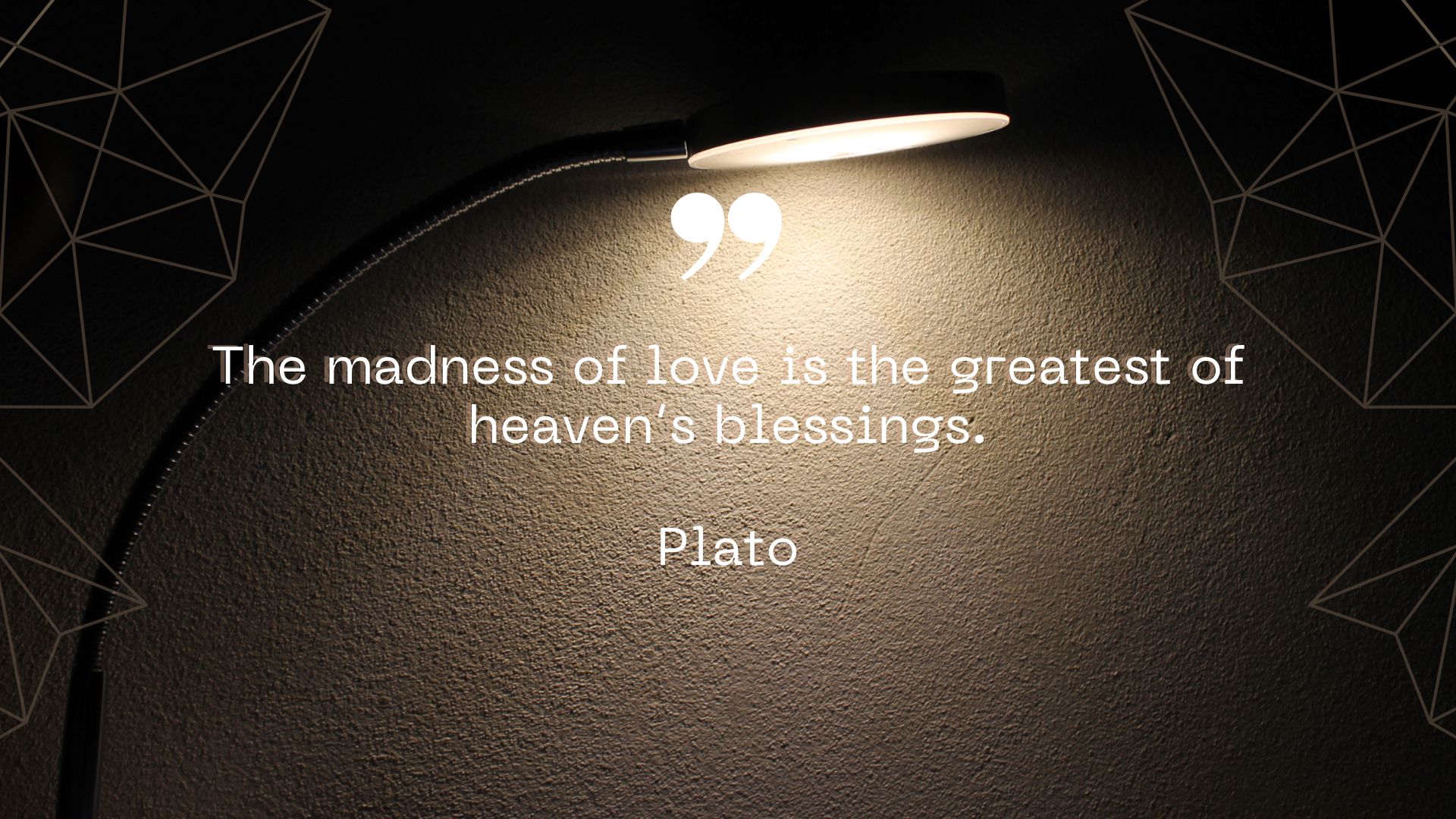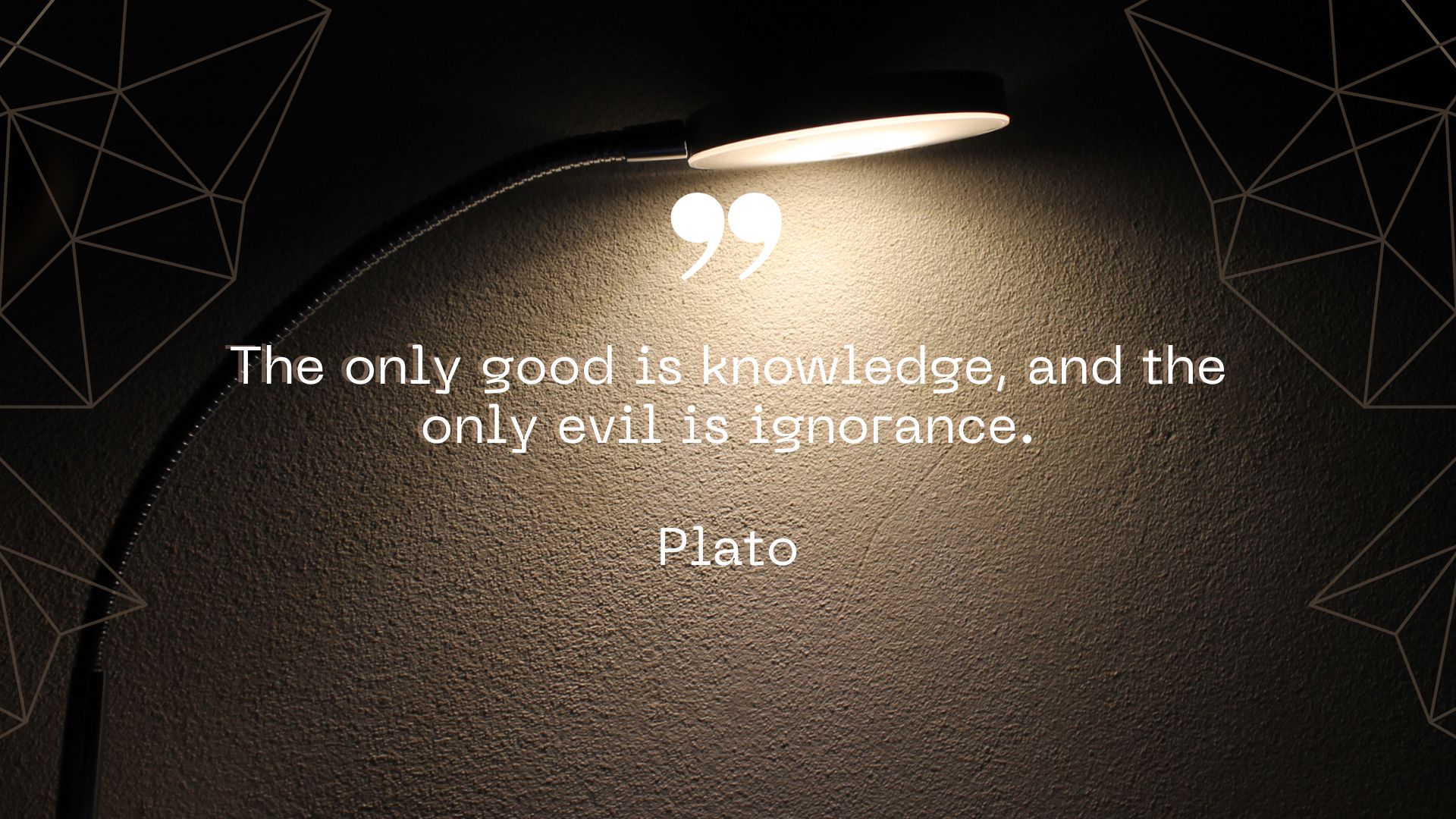The madness of love is the greatest of heaven’s blessings.
Plato___
That quote is often attributed to the ancient Greek philosopher Plato. It suggests that love, in all its intensity and passion, is a blessing from the gods. The word “madness” here could be interpreted in a number of ways, but one possible interpretation is that love has the power to drive us to do things that might seem irrational or even reckless to others.
Love is a complex and powerful emotion that has been celebrated and explored by artists, poets, and writers throughout the ages. From Shakespeare’s sonnets to modern-day love songs, the theme of love has inspired countless works of art and literature. One of the most profound and enduring statements about love comes from the philosopher Plato, who once said, “The madness of love is the greatest of heaven’s blessings.” In this article, we will explore what Plato meant by this quote and provide real-life examples of the power of love.
The Madness of Love
At first glance, Plato’s statement that the madness of love is a blessing might seem paradoxical. After all, we tend to think of madness as a negative, even dangerous, state of mind. But Plato was not using the word “madness” in a negative sense. Rather, he was referring to the overwhelming power of love to transform us and to connect us with something greater than ourselves. When we are in love, we experience a sense of passion and intensity that can feel almost mystical. We are willing to do things we might not normally do, to take risks and make sacrifices for the sake of our beloved. In this way, love can be seen as a kind of madness that brings us closer to the divine.
Real-Life Examples
There are countless real-life examples of the power of love to transform and inspire us. Consider the story of the legendary poet Rumi and his beloved Shams of Tabriz. Rumi was a respected scholar and religious leader, but he was also searching for something deeper and more profound in his life. When he met Shams, he was struck by a kind of spiritual madness that transformed him into one of the greatest poets of all time. His love for Shams became the inspiration for much of his poetry, which is still celebrated and revered today.
Another example of the transformative power of love can be found in the story of the civil rights activist Martin Luther King Jr. and his wife Coretta Scott King. Martin Luther King Jr. was a powerful and charismatic leader, but he was also a man who faced constant danger and opposition. Throughout his struggles, he was sustained by the love and support of his wife Coretta, who shared his vision and stood by his side through thick and thin. Their love became a beacon of hope and inspiration for millions of people around the world.
Conclusion
In conclusion, Plato’s statement that the madness of love is the greatest of heaven’s blessings is a powerful reminder of the transformative power of love. Love can inspire us to great heights, connect us with something greater than ourselves, and give us the courage to face even the greatest challenges. Whether we are poets, activists, or just ordinary people trying to make our way in the world, love is the greatest blessing we can receive. So let us embrace the madness of love and let it transform us into the best versions of ourselves.




